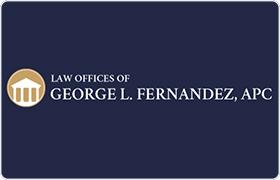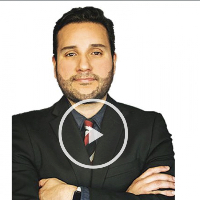Tujunga DUI-DWI Lawyer, California
Sponsored Law Firm
-
 x
x

Click For More Info:
-
Law Offices of George L. Fernandez APC
444 Ocean Blvd Suite 800 Long Beach, CA 90802» view mapCriminal Defense Law Passion. Experience. Diligence.
George L. Fernandez is dedicated to competently, thoroughly, and diligently represent the best interest of his clients in a professional and ethical matter at all times.
800-970-2821
Azad Jingozian
✓ VERIFIEDCar Accident, Wrongful Death, DUI-DWI, Motorcycle Accident
Mr. Jingozian has an extensive background in criminal law, focusing on white-collar offenses, including misdemeanor infractions and felony crimes such... (more)
FREE CONSULTATION
CONTACTRichard Jordan Helphand
Criminal, DUI-DWI, Domestic Violence & Neglect, Civil Rights
Status: In Good Standing
Sharon Paris Babakhan
Criminal, DUI-DWI, Felony, Misdemeanor
Status: In Good Standing Licensed: 13 Years
FREE CONSULTATION
CONTACTSevana Cholakian
Criminal, Accident & Injury, Employment, DUI-DWI
Status: In Good Standing Licensed: 12 Years
FREE CONSULTATION
CONTACTMichael M. Levin
Criminal, DUI-DWI, Felony, White Collar Crime, Misdemeanor
Status: In Good Standing Licensed: 29 Years
FREE CONSULTATION
CONTACT George Fernandez Long Beach, CA
George Fernandez Long Beach, CA Practice AreasExpertise
Practice AreasExpertise

